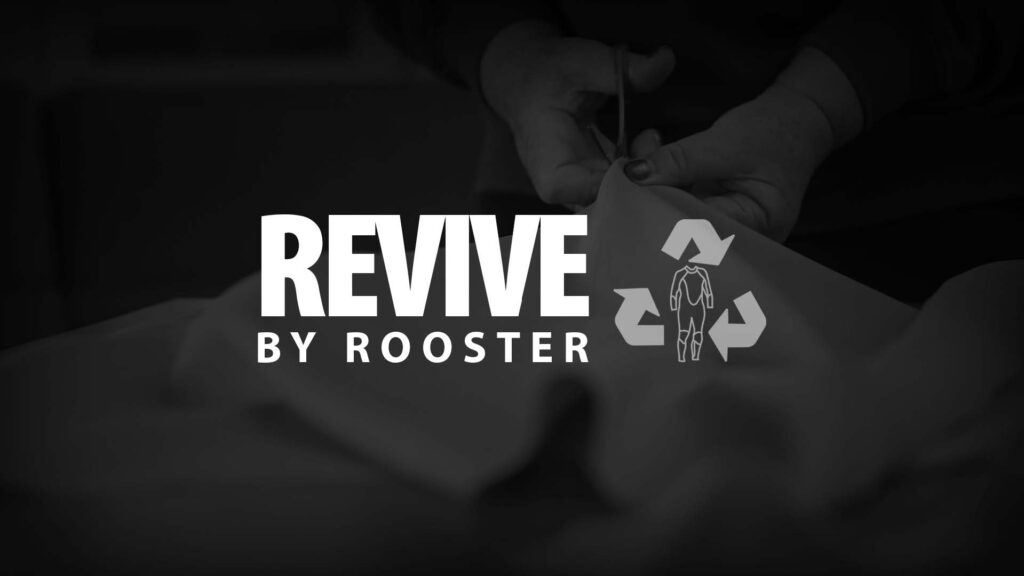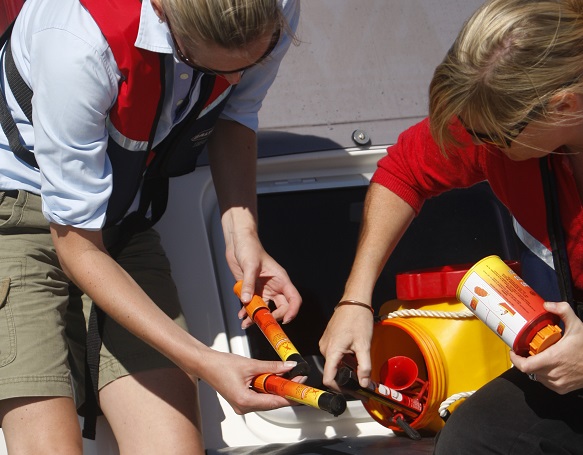The Plastic Problem
Plastic pollution has become one of the most pressing environmental issues, as rapidly increasing production of disposable plastic products overwhelms the world’s ability to deal with them.
Plastic pollution is defined as the accumulation of plastic objects and particles in the Earth’s natural environment that adversely affects wildlife, wildlife habitats, and humans.
What is the issue?
It is important to keep in mind that plastic is a unique and revolutionary material: it’s cheap, versatile, lightweight, and resistant. This makes it a valuable and vital material for many functions. It provides numerous benefits: it plays a critical role in maintaining food quality and reducing food waste, it is used in medical and safety equipment as well as throughout technology. Without it we would not have computers, mobile phones, or cars. The trade-offs between plastics and substitutes (or complete bans) are therefore incredibly complex and could create negative knock-on impacts on the environment. However, the very qualities that make plastic so vital also make it a huge problem. Cheap, convenient, and disposable, plastic has been a symbol of our throwaway culture. As a result, vast quantities now pollute our world.
The central plastic issue is single use plastic and the quantities in which they are used. Globally, we produce over 300 million tons of plastic annually, of which its estimated that 50% of this plastic is single use. Many of these single use products products, such as plastic bags and food wrappers, have a lifespan of mere minutes to hours, yet they may persist in the environment for hundreds of years. A plastic bag for instance is used on average for 15 minutes yet could take 100 – 300 years to fragment.
Currently only 9% of the world’s plastic is sufficiently recycled and a further 12% is incinerated – a problem because the remaining plastic is non-biodegradable and typically takes 400 years to degrade. What’s more it never fully degrades; it separates slowly to smaller and smaller fragments known as micro-plastics. This results in huge volumes of plastic entering the environment due to mismanaged waste and for it to persist in the ecosystem. Plastic pollution can afflict land, waterways, and oceans. Its estimated up to 8 million tonnes of plastic waste enters our marine environment each year. This has devasting consequences to aquatic life. Around 700 species are harmed by plastic pollution primarily through ingestion or entanglement. It’s accepted that these plastic fragments are then also consumed by humans from eating fish.
Plastic has further negative impacts beyond its end of life. The fossil fuels used in production as well as associated emissions and water use in manufacturing adds to the plastic problem.
Some Plastic Facts:
– Half of all plastics ever manufactured have been made in the last 15 years.
– Producing one tonne of plastic generates up to 2.5 tonnes of carbon dioxide.
– Less than a third of all plastic in the UK is recycled.
– Every year, about 8 million tons of plastic waste escapes into the oceans from coastal nations. That’s the equivalent of setting five garbage bags full of trash on every foot of coastline around the world.
– Current estimates show that at least 8 million pieces of plastic are entering the oceans every single day.
– Approximately 5,000 items of marine plastic pollution have been found per mile of beach in the UK.
– Millions of animals are killed by plastics every year, from birds to fish to other marine organisms. Nearly 700 species, including endangered ones, are known to have been affected by plastics. Nearly every species of seabird eats plastics.
– Scientists have recently discovered microplastics embedded deep in the Arctic ice.
– Plastic costs billions to abate. Everything suffers – tourism, recreation, business, the health of humans, animals, fish and birds—because of plastic pollution. The financial damage continuously being inflicted is inestimable.
What can you do?
You might be wondering how one person going plastic-free is going to make any difference in the face of such a huge problem. And you would have a point. But at the risk of sounding clichéd, big societal changes start with individual people making small changes. Plus, if you can convince your friends and family to join you, then you are no longer just one person. Never underestimate the impact of your individual actions. Here are some tips and ides to get you started…
Plastic Free July is a global movement that helps millions of people be part of the solution to plastic pollution – so we can have cleaner streets, oceans, and beautiful communities. Will you join the challenge to refuse single – use plastics? Plastic Free July provides resources and ideas to help you (and millions of others around the world) reduce single-use plastic waste every day at home, work, school, and even at your local café.
The movement has inspired an estimated 326 million participants in 177 countries. By you making a small change it will collectively make a massive difference to our communities. You can choose to refuse single-use plastics in July (and beyond!). Best of all, being part of Plastic Free July will help you to find great alternatives that can become new habits forever.
To start, want to know what plastics you can switch? Why not spend a few minutes trying the Pesky Plastic quiz.
– Always follow the waste hierarchy!
– ALWAYS recycle your waste into the proper bins. Be mindful as what can or cannot be recycled changes with location, so its good practice to check the signs.
– Choose re-usable or more degradable items wherever possible. Some key single use plastic items to try and switch to or entirely avoid includes:
Water bottles – invest in a leakproof bottle and always carry it on you.
Coffee cups – bring a thermal flask / cup out with you. Many places now offer discount.
Bags – avoid plastic bags. Always carry a re-usable tote bag on you.
Straws – if possible, avoid straws entirely, opt for paper ones or invest in a metal straw to take out with you (from experience this does not always work successfully!)
Cutlery – use cutlery from home or purchase a travel cutlery set for.
Food wraps – stop purchasing cling film! Storing items in Tupperware works perfectly or invest in some re-usable food wraps.
Washable make up wipes / beauty pads – this was a key switch for me with a skin care routine reliant on cotton pads. I purchased enough pads to last me week, over 3 years ago now, which can then be washed with clothes.
Swapping to glass milk bottles – you can still get milk delivered in glass bottles which are then collected and re-used.
Try bar soap vs liquid soap – it’s the same and keeps you just as clean.
This extends to bars of shampoo and conditioner – lots of different products are now out there.
Choose loose – avoid plastic wrapped fruit and vegetables in shops.
Cleaning products – there are so many choices for plastic free cleaning products, concentrated solutions or even cleaning re-fills. Why not try to make you own to?
– Get involved – join campaigns, sign petitions, support change, take part and speak up!
– Acquire necessary plastic items used instead of new.
– Tupperware will soon be your best friend! Use it at home to store leftovers or veggies, take it to collect your takeaway meals or with you to a supermarket offering a re-fill station.
– Check out the app Refill. Find water refill points, coffee on the move or plastic free shopping.
– Remember change takes time, and the more time you spend on it, the faster you’ll see results. Going plastic-free or zero waste is about changing habits, and change takes time. Like any habit, if you practice every day, you’ll get there faster. The more you practice, the easier it will get.
Find out more:
Our World in Data – Plastic Pollution




